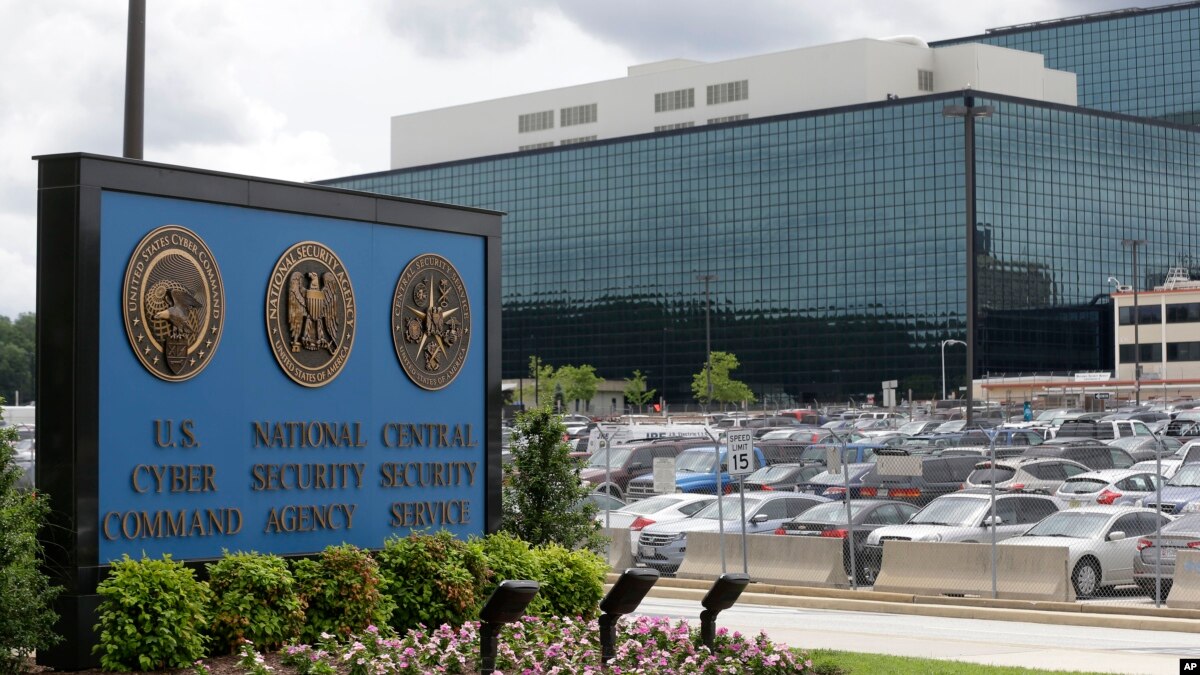
The U.S. National Security Agency gathered more than 534 million records of telephone calls and text messages from Americans last year, more than three times the number collected in 2016, according to a new report.
The report, released Friday by the Office of the Director of National Intelligence, shows the dramatic increase occurred during the second full year of a new surveillance system that was unveiled after Congress passed legislation in 2015 that attempted to limit the NSA's ability to collect such records in bulk.
The spike in the agency's collection of records coincided with increased use of other surveillance methods, sparking concern about potential government intrusion into the lives of American citizens.
Despite the sharp increase in the total number of records captured in 2017, they are far less than the billions of records collected each day under the NSA's previous bulk surveillance system, which was uncovered by former agency contractor Edward Snowden, who leaked classified information.
The NSA records include phone numbers and the time a call or text message was made but not the content of the communications.
The Office of the Director of National Intelligence did not explain the reasons behind the sharp increase, leaving many privacy advocates confused and alarmed.
"The intelligence community's transparency has yet to extend to explaining dramatic increases in their collection," said Robyn Greene, an attorney with the Washington-based Open Technology Institute.
Office of the Director of National Intelligence spokesman Timothy Barrett said the federal government "has not altered the manner in which it uses its authority to obtain so-called detail records, telecom data logging who and when contact was made.
The NSA said numerous factors may impact the number of records collected, according to Barrett. They include the number of court-approved selection terms, which could be a phone number of someone who is a potential subject of an investigation, or the amount of historical data retained by phone service providers.
The report also said there was an increase in the number of foreigners living outside the U.S. who were singled out under a warrantless Internet surveillance program that lawmakers renewed earlier this year. That program is known as Section 702 of the Foreign Intelligence Surveillance Act
Just over 129,000 foreigners were targeted in 2017, an estimated 45 percent increase over the past five years.
U.S. intelligence agencies maintain Section 702 is vital to the country's security but privacy advocates contend the program captures an unknown number of incidental communications from U.S. citizens who were not being targeted.
/cloudfront-us-east-1.images.arcpublishing.com/bostonglobe/VNG7YMZTRWJ5WBFTJ5NVETPCQI.jpg)
No comments:
Post a Comment